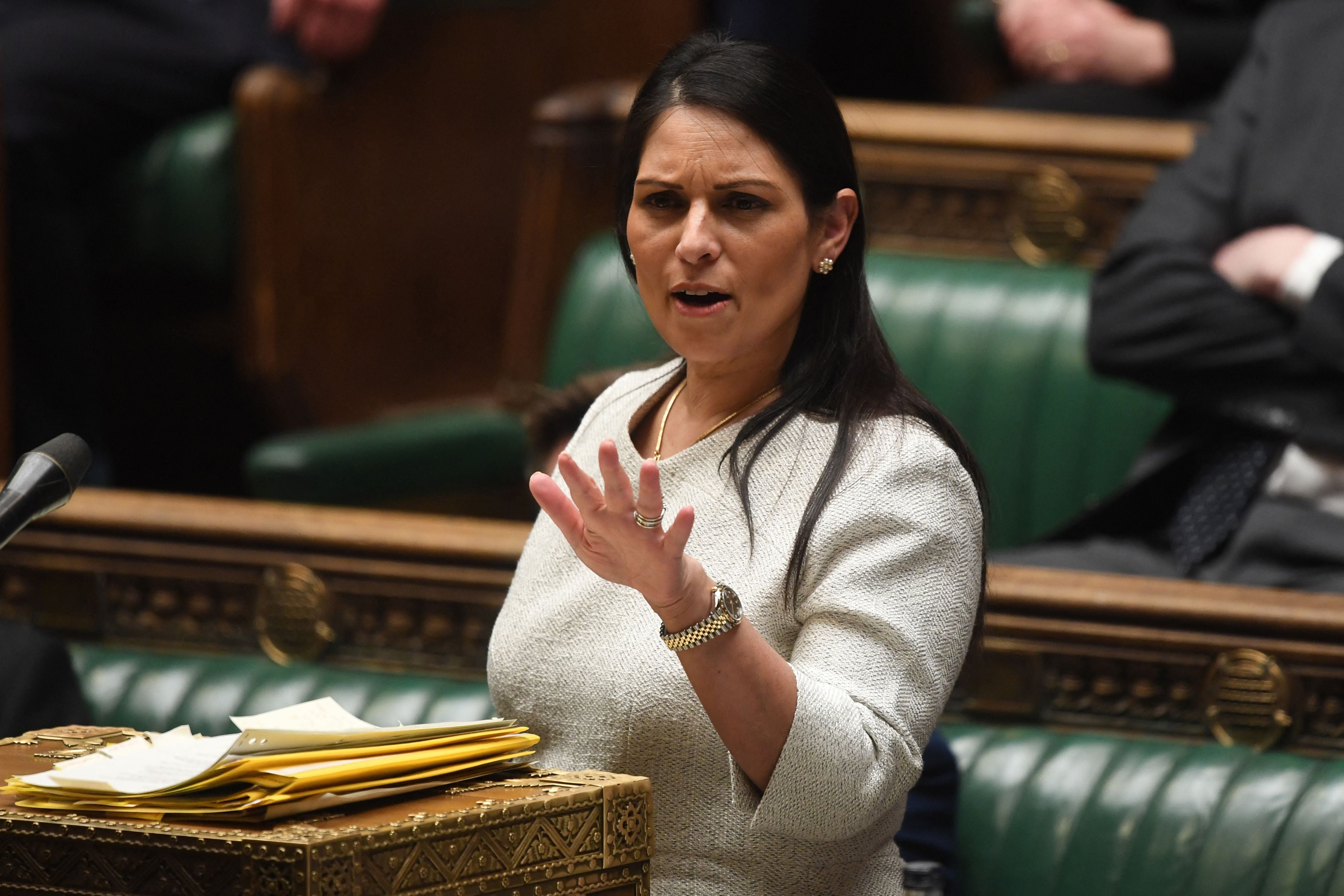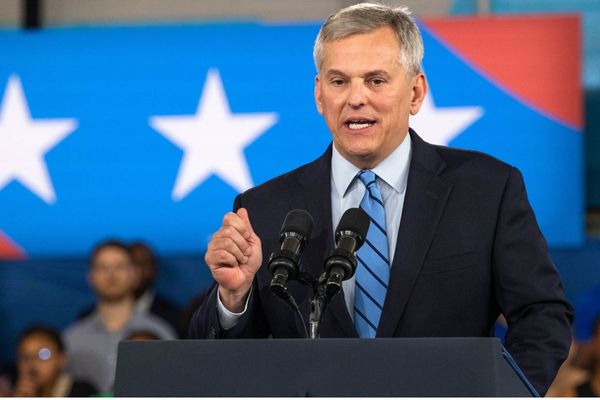
The Home Office has admitted that LGBT+ refugees who are deported to Rwanda could be persecuted on the basis of their sexual orientation – but it plans to send them there anyway.
The department’s equality impact assessment for the policy, published on Monday night, states that there are “concerns” over the treatment of some LGBTQ+ people in the east African country, and that investigations point to “ill treatment” of this group being “more than a one-off”.
In spite of this, the department still plans to include gay, lesbian and bisexual refugees among those sent to Rwanda, stating that “monitoring arrangements will be in place” and that the government will “take into account further evidence over the course of the partnership”.
The document also reveals that some asylum seekers in Rwanda are forced to wait years for a decision and two thirds are ultimately rejected.
As well as delays and a high refusal rate, it cites evidence that both LGBTQ+ people and individuals from Middle Eastern countries face discrimination in the asylum decision-making, with these groups more likely to be rejected.
And it quotes sources saying that those who are granted refugee status face barriers which hinder their access to employment, as employers tend to recruit local people, forcing many refugees to turn to informal work, with some subsequently pushed into exploitation.
Priti Patel has said the UK’s £120m deal with Rwanda will enable deportees who are granted asylum there to “build their lives” in the country and will “ensure protection for the genuinely vulnerable”.
But the UK spokesperson for the UNHCR, which supports asylum seekers in the country, told The Independent it remained “gravely concerned” about the agreement.
“Rwanda does not have the capacity to receive increased numbers of refugees, fairly and efficiently determine their claims or provide long-term solutions,” they added.
Lewis Mudge, central Africa director at Human Rights Watch, said the documents were “not grounded in reality” and showed “serious wishful thinking” by the Home Office, adding: “They seem to change the facts in order to justify a pre-ordained conclusion.
“The Rwandan government has an abysmal record when it comes to guaranteeing internationally recognised refugee rights, statues and protocols. It’s difficult to imagine a less genuine assessment Rwanda’s shocking human rights record.”
The Home Office document admits that there is a “lack of reporting of crimes” against LGBT+ people in Rwanda, “due to stigma and fear of harassment”, resulting in “limited information on how police respond to and protect” this cohort.
The report, which outlines official country guidance for Rwanda, goes on to state: “LGBTIQ+ persons have also reported some societal discrimination and abuse, including discrimination in employment, eviction, ostracism from family and threats of violence.”
It cites the fact that Rwanda’s presient Paul Kagame met gay American television host Ellen DeGeneres and her wife Portia de Rossi in Kigali in 2018 as evidence that the country supports the human rights of all people regardless of sexual orientation.
The equality impact assessment also acknowledges that the policy will “have a greater impact on those of Muslim faith”, given that the majority of the population in Rwanda are Christian.
But it goes on to defend its plans to send Muslim refugees there, claiming that “any disadvantage is justified on the basis that it is a proportionate means of achieving the policy’s legitimate aim to deter individuals from making such perilous journeys”.
The document adds that Rwanda’s constitution prohibits discrimination on the grounds of religion and guarantees freedom of worship and that “there are mosques in Rwanda, mainly situated in the capital city of Kigali”.

The Home Office’s equality impact assessment of the policy states that it does not consider relocation to Rwanda to be a “penalty” – but it goes on to state that one of the policy’s “key aims” would be to “deter individuals from undertaking dangerous small boat journeys”.
Sonia Lenegan, legal and policy director at Rainbow Migration, said the claim that removal to Rwanda is not a penalty was “patently false”, adding: “Otherwise how could it act as a disincentive to small boat crossings, as this government has made clear is its intention with the policy?”
She also accused the government of “dismissing” pages of examples of the arrest, prosecution and detention of LGBT+ people in the guidance, adding that the evidence “makes it more clear than ever that it is unsafe to send LGBTQI+ people to Rwanda”.
It comes as the Home Office announced on Monday might that the first group of asylum seekers would this week be informed of its intention to relocate them to Rwanda under its £120m deal with the east African nation.
Another official document published on Monday states that asylum seekers could be sent to Rwanda for “spending a couple of weeks in Brussels staying with friends” while journeying to the UK, or for being found with foreign receipts and train tickets in their pockets.
Hours after the deal was announced last month – with Boris Johnson proclaiming Rwanda to be “one of the safest countries in the world” – it emerged that Britain had condemned the country for failing to investigate human rights violations only months earlier.
The new policy has been widely condemned by high profile figures including the UNHCR, which said it was “unacceptable” and a breach of international law, and the Archbishop of Canterbury Justin Welby, who described the plan as “ungodly”.
A Home Office spokesperson said: “Our assessment concluded that LGBT+ people did not face a real risk of persecution. The overall findings were that Rwanda is fundamentally a safe and secure country with a track record of supporting asylum seekers, including working with the UNHCR which said the country has a safe and protective environment for refugees.
“Each case would be assessed individually, and we would not relocate someone where they would face a real risk of discrimination or poor treatment.”







